Samsung Galaxy A26 vs Galaxy A25: can the budget phone get any better?
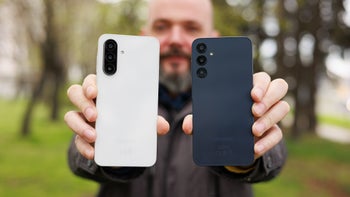
Samsung Galaxy A26 vs Galaxy A25 Intro
Samsung recently launched a new budget model that strives to give you the essential Galaxy experience at a stomachable price — the Galaxy A26 at $299. It's the successor to the Galaxy A25 from last year and you could say it's exciting. In today's market, flagships are so good that they barely improve year over year. But it's always great to see how good the tech in budget phones gets.
So, we are here with the Galaxy A26, testing it, and noting how it has improved since last year. Performance is a bit better, but the cameras appear to be the same. The display is slightly bigger, slightly brighter, and the phone looks a bit more refined. Samsung also promises that it's the entry to AI for everyone, but let us cut that excitement short — there's barely anything "AI" to do with the Galaxy A26.
But does that stop it from being a good budget phone? That in particular, no. Let's take a look at the full picture:
Samsung Galaxy A26 vs Galaxy A25 differences explained:
| Galaxy A26 | Galaxy A25 |
|---|---|
| Plastic frame Glass back Thinner bezel | Plastic frame Plastic back Thicker bezel |
| 6.7-inch Super AMOLED 120 Hz, 1,200 nits peak | 6.7-inch Super AMOLED 120 Hz, 1,000 nits peak |
| Triple camera 3rd lens is macro 50 MP main camera | Triple camera 3rd lens is macro 50 MP main camera |
| Samsung Exynos 1380 5 nm, 2.4 GHz | Samsung Exynos 1280 5 nm, 2.4 GHz |
| 6 GB / 128 GB | 6 GB / 128 GB |
| 5,000 mAh battery Fast 25 W charging | 5,000 mAh battery Faster 25 W charging |
| No wireless charging | No wireless charging |
Table of Contents:
Design and Display Quality
The screen is grown up enough to shave its own bezel
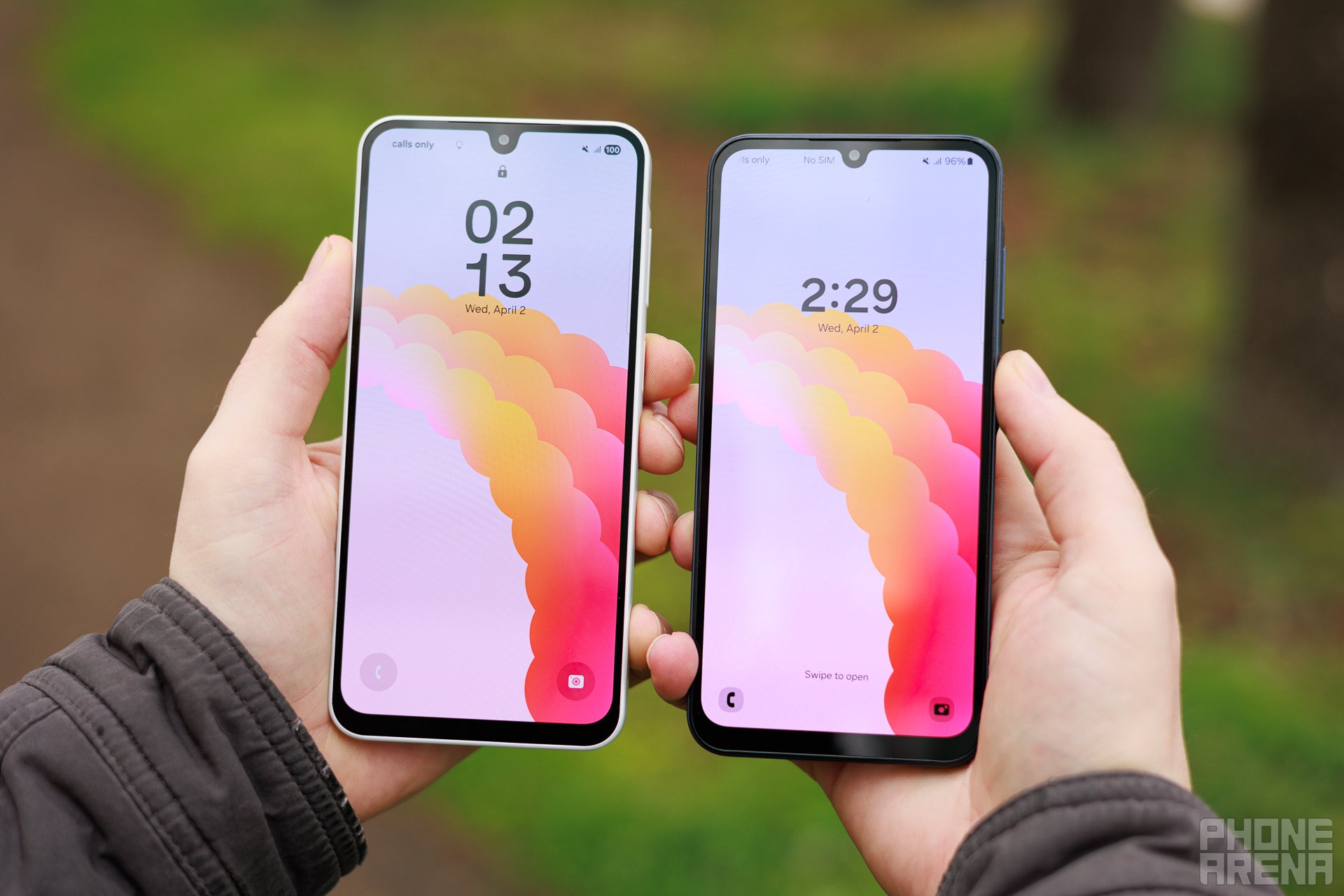
Being the budget line, the Galaxy A26 doesn't have the top-tier components of the costlier phones, but it does show some evolution since last year. Its bezel may be thick when compared to a Galaxy A56 or a Galaxy S, but it still is slimmer than the one of the Galaxy A25. That reduction in the frame has led to a slightly bigger display, now 6.7 inches versus last gen's 6.5.
The back of the Galaxy A26 now has a glass slab there instead of the matte plastic parading as glass that the Galaxy A25 has. This is a minor difference that we don't think most would feel or care for. Considering that these phones don't even have wireless charging, faux glass or real glass on the back is redundant even. We much prefer a metal frame with a plastic back, if that choice needs to be made, because the metal will feel cool to the touch, and thus a bit more premium.
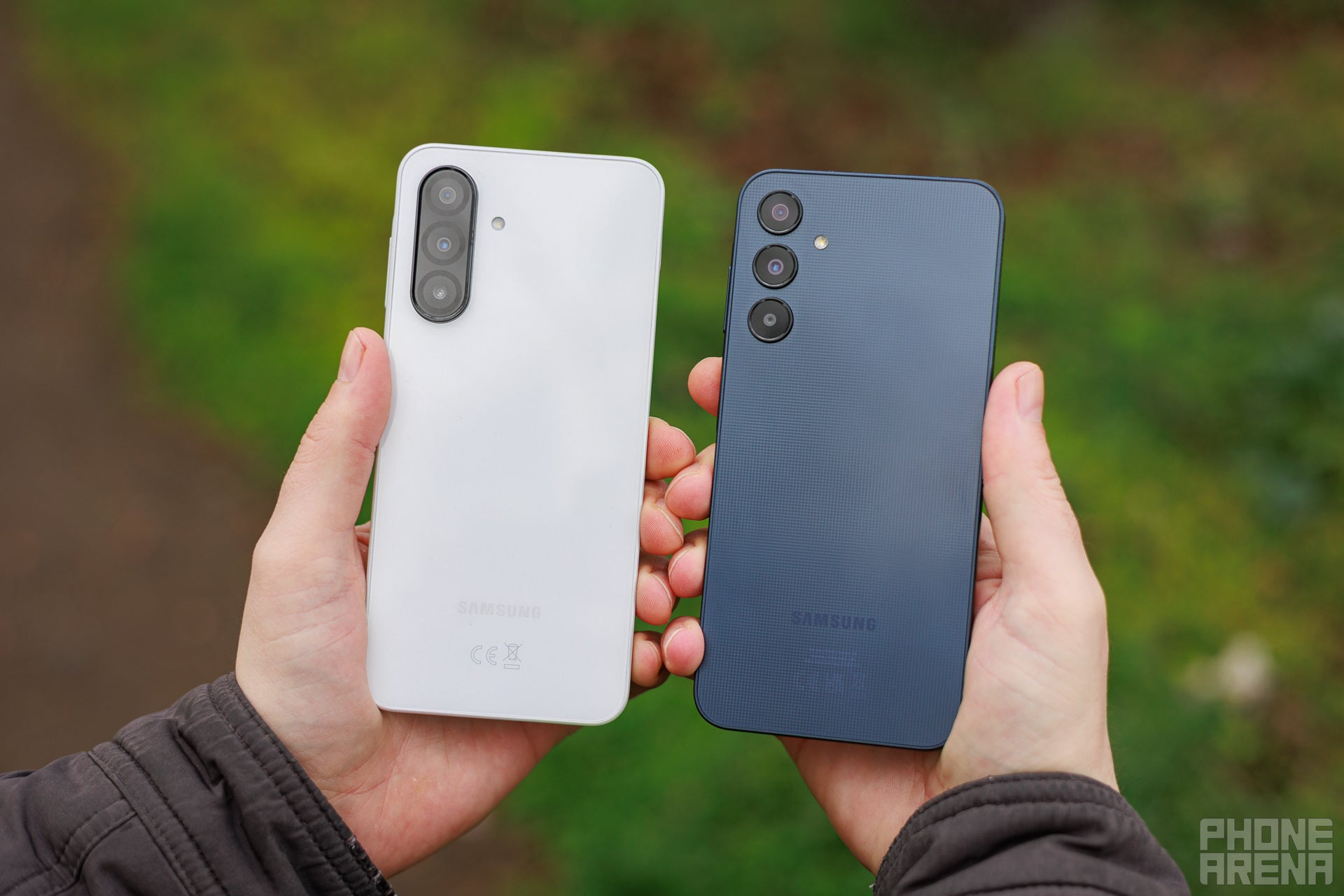
The Galaxy A26 is very slightly thinner, yet wider and taller than the A25, but we are talking minor measurements here. In hand, both devices feel about the same. The Galaxy A26 scored an IP67 rating, meaning it's dust-tight and can survive minor submersions (up to a meter). The Galaxy A25 has no rating for protection against the elements, so don't try your luck with it.
Both have the camera module on the back with triple lenses, which looks different on design, but may end up being the same thing. More on that in the camera section.
The screens have similar specs — as mentioned earlier, the Galaxy A26 display grew to 6.7", up from the 6.5" panel of the Galaxy A25. Otherwise, both are 1080p Super AMOLED panels with 120 Hz refresh rates. And these are $300 phones, so that's an impressive display to have on there.
Display Measurements:
The Galaxy A26 did get a slight improvement in promised peak brightness for HDR — Samsung states 1,200 nits on the new model vs 1,000 nits on the Galaxy A25. However, we measure at 20% APL, which is more representative of the content you will be looking at on-screen during average usage. In this case, oddly, the Galaxy A25 was a bit brighter than its successor.
The colors of the A26 also read out a bit more skewed under our testing tools. Now, not every AMOLED panel is exactly the same, and it's possible we got a really good batch with the Galaxy A25 and a not-so-good one with the Galaxy A26. But, it's a good reason to raise an eyebrow. In general, the Galaxy A26 screen does not look bad in real life — it looks as good as we expect from a Samsung Super AMOLED panel. But when we see small changes in the readings, we typically expect new tech to be getting better.
Being on the budget side of the Samsung lineup, these don't have under-screen fingerprint scanners. Instead, the reader is embedded in the power button. It works just fine, it's just slightly inconvenient, depending on what position or mount your phone is in. There's also no Always-On Display on these.
Performance and Software
Small steps for the Exynos
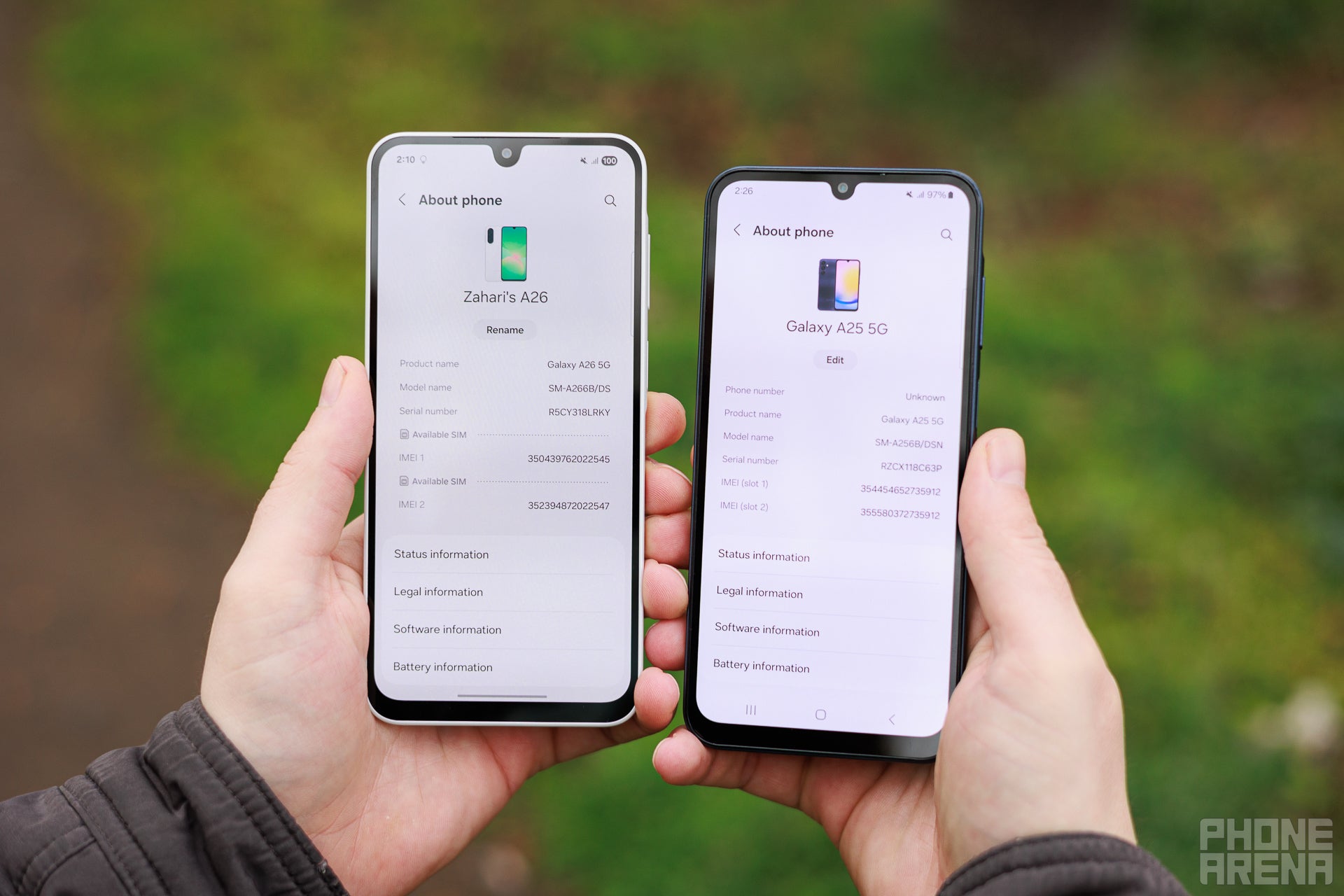
The Galaxy A26 is powered by the newer homemade Samsung Exynos 1380 chip, while the A25 has the previous gen Exynos 1280. Both are octa-core chips with two power cores with maximum 2.4 GHz clock speed, and both are built on a 5 nm process. However, it's obvious that some improvements were made, as the Exynos 1380 gives us slightly better multi-core speeds and GPU performance:
These points are nothing to write home about, as they are far from the top performers in the market. However, it's good to see that the midrange chips are still trugging along and delivering a good 25%-30% performance boost year over year.
Otherwise, both phones come with 6 GB of RAM and 128 GB of UFS 2 storage,
They come with One UI 7 with its UI redesign and app icon facelift. Plus a couple of AI features, but really... a couple. You can lift an object out of a photo and make it into a sticker or just export it as a picture with transparent background and you also get a magic eraser. But you don't get the enhanced generative editing or summarization that flagships do.
Camera
Similar specs, similar results
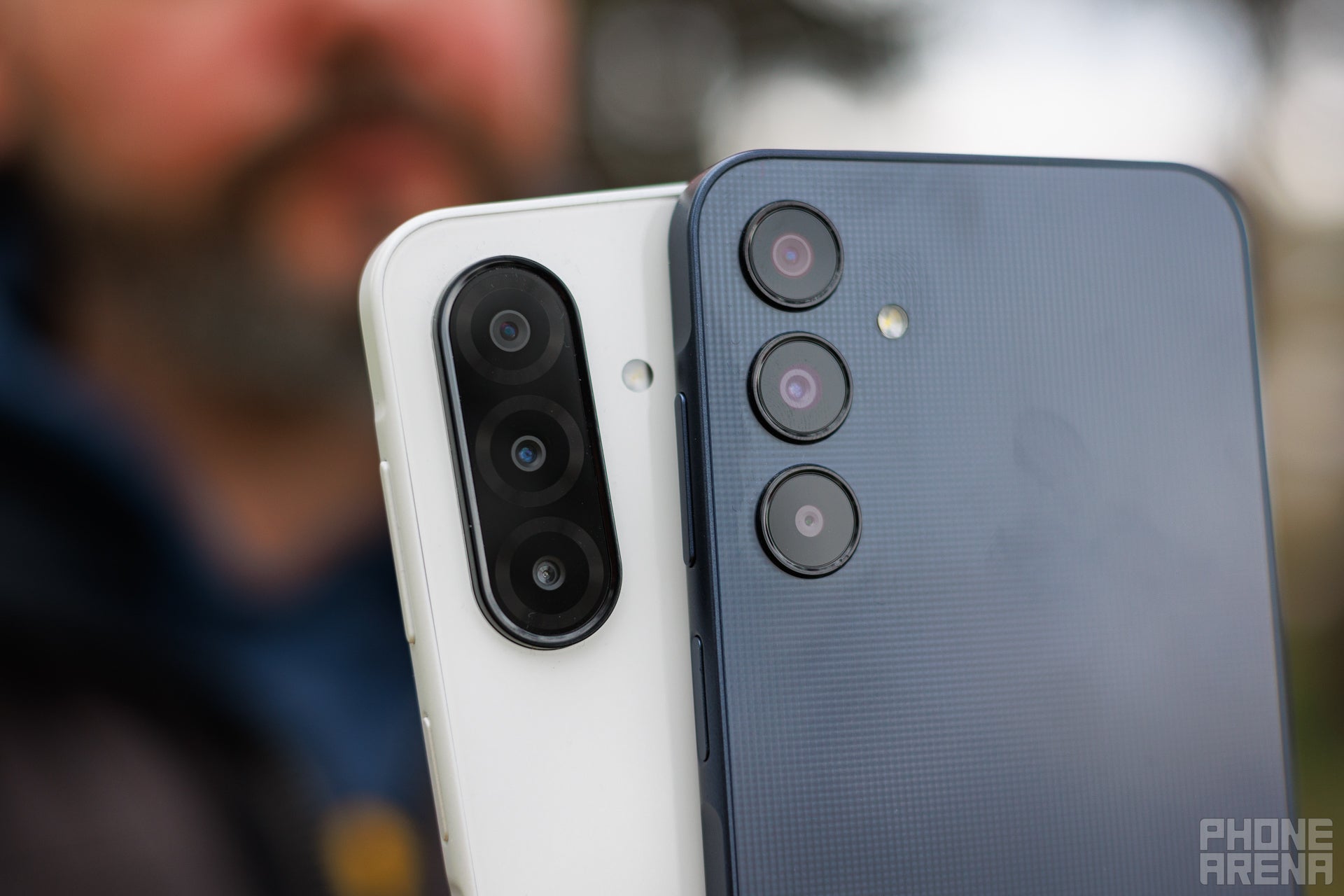
On paper, we have the same cameras, down to sensor size. 50 MP main camera, 8 MP ultra-wide, and 2 MP macro camera. So, any differences in performance would likely come from any possible change in the lens glass or the new processor's upgraded image pipeline. Weirdly enough, the Galaxy A26 scored slightly lower in our camera benchmark test than the A25 did:
PhoneArena Camera Score:
However, a couple of points is negligible and within a certain margin of photos looking "different" but not necessarily "worse". So, it's time to look at some actual samples.
Main Camera
You'd be hard-pressed to find differences between images taken with the two cameras. Sometimes one phone may boost exposure a little bit, sometimes it may get a bit warmer colors. But that may be just tiny differences decided by the software at the exact moment, which could go either way. More samples can be seen in the gallery below.
In low light, the results are also similar. The Galaxy A25 maybe added more contrast and saturation here, but again — nothing too different in terms of details, noise, or sharpening.
Zoom Quality
With no zoom cameras on board, these phones crop in digitally. At 2x, they kind of hold it together. We can spot that the newer Galaxy A26 applies some more oversharpening, but in any case, both images start suffering from minor degradation of detail. At 10x, which is the maximum, this is very clearly software zoom with... results that aren't exactly share-able over Instagram.
Ultra-wide Camera
Again, pretty identical results here. The images from the 8 MP ultra-wide cameras are soft, but pretty usable provided you have at least some light.
Selfies
In this scenario, the Galaxy A26's HDR did not kick in as hard as it did on the Galaxy A25, resulting in a blown-out sky and overally too bright of an image. We'd call that a fluke, but then we have a low-light selfie, which shows us once again that the A26 front camera doesn't deal as well as the A25 selfie snapper:
On paper, they are 13 MP selfie cameras, seemingly identical. Maybe the A26 needs a slight tune-up via a software update.
More Camera Samples
Battery Life and Charging
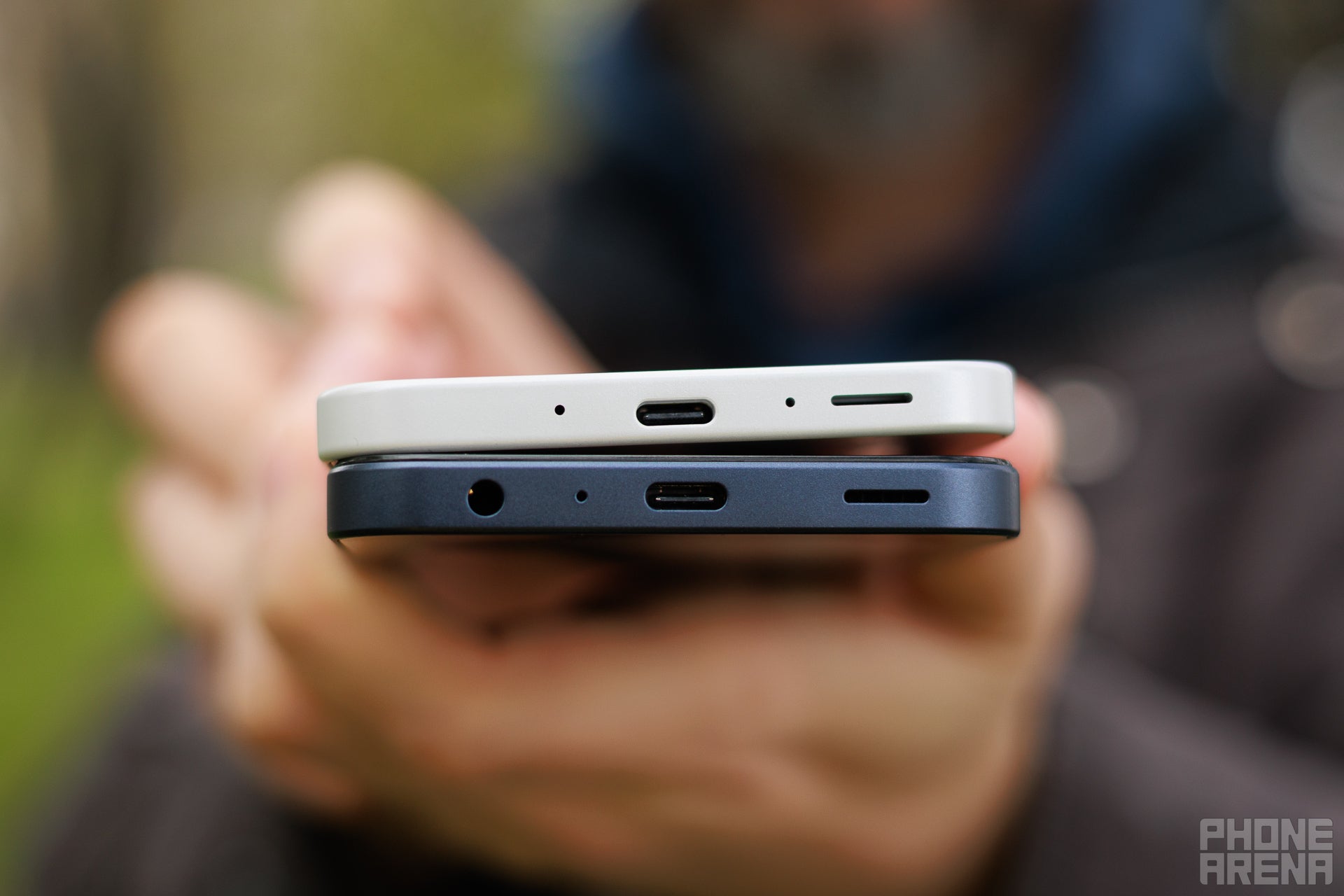
As with the cameras, so with the batteries, these phones seem to have identical specs. 5,000 mAh cells and 25 W wired charging, no wireless. What's left to see is how they perform in our various battery tests:
PhoneArena Battery and Charging Test Results:
It seems that the Galaxy A26's slightly more powerful processor is taking its toll — draining the battery a bit faster, too. However, the phone did perform better with our infinite YouTube playlist, so the final scores evened out a bit. It will come down to what you do on your phone each day, but for casual use, the Galaxy A25 seems to be able to last you a couple hours longer.
Audio Quality and Haptics
There's a bit of an improvement in sound with the Galaxy A26. It still sounds a bit middy and tinny, maybe harsh, but at least has some bass added. The Galaxy A25 sounds a bit worse, specifically because it lacks that small bass boost that the Galaxy A26 got.
Haptics are also slow-moving vibration motors, not the precise taps of a high-end feedback.
Specs Comparison
The Galaxy A26 vs Galaxy A25 specs comparison goes like this:
| Galaxy A26 | Galaxy A25 |
|---|---|
| Size and Weight 6.46 x 3.05 x 0.30 inches (164 x 77.5 x 7.7 mm) 200.0 g | Size and Weight 6.34 x 3.01 x 0.33 inches (161 x 76.5 x 8.3 mm) 197 g |
| Display 6.7-inch, 1080p Super AMOLED 120 Hz | Display 6.5-inch, 1080p Super AMOLED 120 Hz |
| Processor Exynos 1380 (5nm) 2.4 GHz | Processor Exynos 1280 (5 nm) 2.4 GHz |
| Versions 6 / 128GB for $299 | Versions 6 / 128GB for $299 |
| Cameras 50 MP main, f/1.8 8 MP ultra-wide, f/2.2 2 MP macro 13 MP front | Cameras 50 MP main, f/1.8 8 MP ultra-wide, f/2.2 5 MP macro 13 MP front |
| Battery 5,000 mAh | Battery 5,000 mAh |
| Charging 25W wired | Charging 25 W wired |
Which one should you buy?
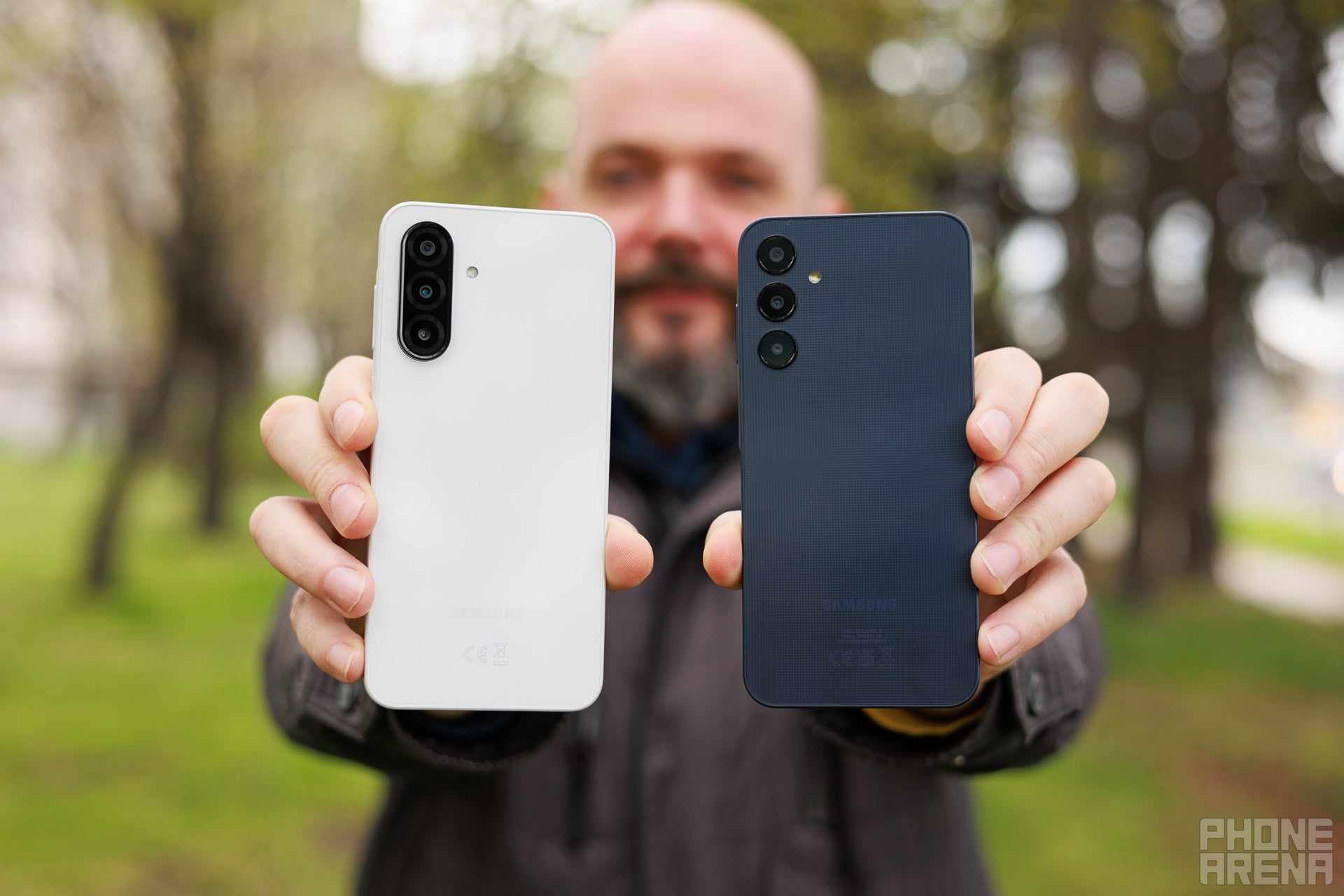
By all means, these are very similar phones. The Galaxy A26 offers slightly higher performance numbers but pays for them with a slight drop in battery endurance. The camears are quite similar and the software — once the Galaxy A25 gets its One UI 7 update — should be quite identical. If you score a Galaxy A25 at a discount right now, it could be worth picking up instead of the newer model. If you are wondering about upgrading — maybe there's no need. Save up that money and jump to a higher class device later!
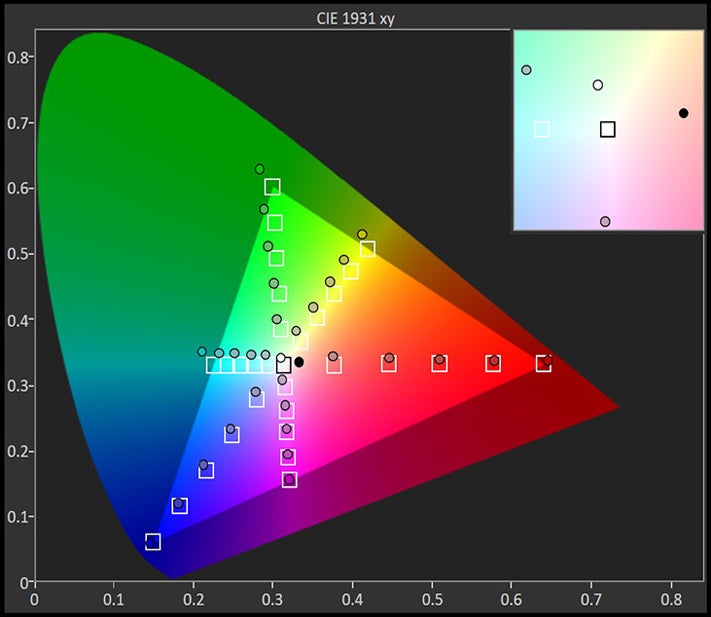


























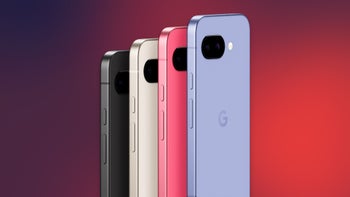
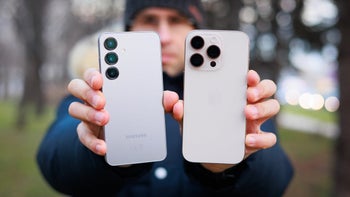
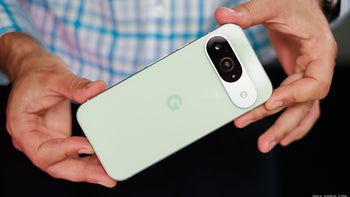
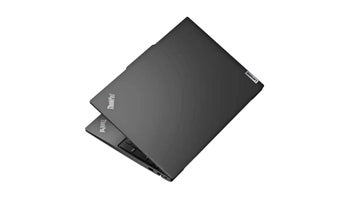
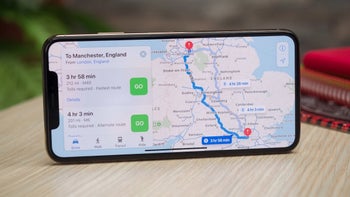





Things that are NOT allowed: